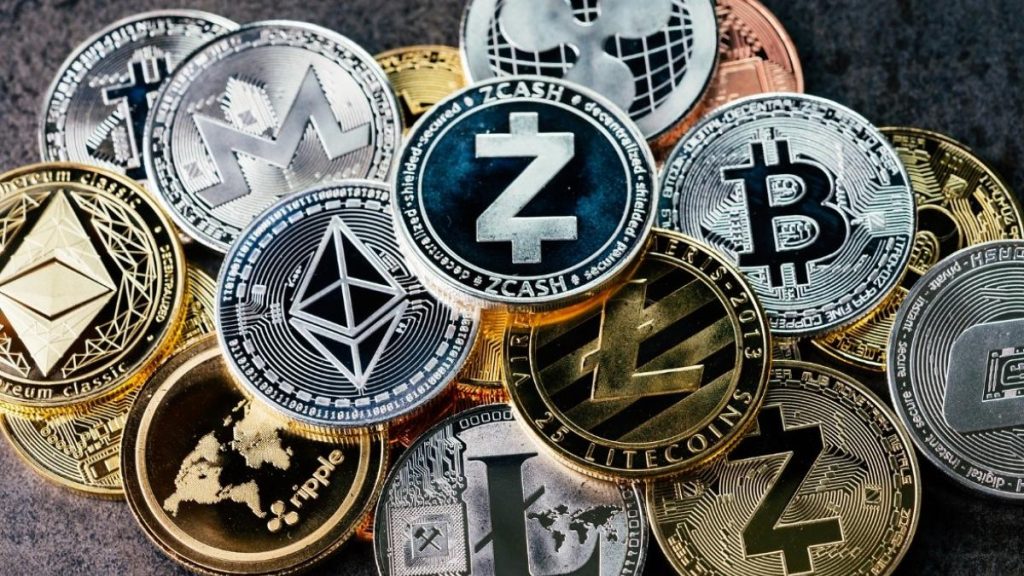Global Investors Choose Korvato Trading For Long-Term Sustainable Partnerships
In today’s ever-evolving financial landscape, global investors are continually seeking innovative and reliable trading platforms to secure their investments. Korvato Trading has emerged as a top choice for traders and investors who prioritize long-term success, sustainability, and consistent growth. With its innovative approach, cutting-edge technology, and strong focus on building enduring partnerships, Korvato Trading stands out as a leader in the financial industry.
A Strong Foundation for Sustainable Growth
Korvato Trading has established itself as a trusted name in the trading world. Its commitment to building long-term partnerships with investors has been a key factor in its success. The platform not only offers advanced trading tools but also ensures that its clients are equipped with the right resources for sustained growth.
- Reliable Trading Environment: Investors can rely on Korvato Trading for an efficient and secure trading experience, backed by advanced algorithms and state-of-the-art infrastructure.
- Advanced Trading Tools: The platform offers a range of powerful trading tools, allowing traders to make informed decisions and optimize their strategies.

Commitment to Innovation and Transparency
Korvato Trading is continuously evolving, embracing the latest technology to provide innovative solutions for traders and investors. The company is dedicated to maintaining transparency at every level, ensuring that investors are fully informed about their investments and the platform’s operations.
- Cutting-Edge Technology: By leveraging advanced algorithms and AI-driven insights, Korvato Trading gives investors the edge they need to succeed in the highly competitive financial markets.
- Transparency and Trust: Korvato Trading’s open communication and detailed reporting systems foster trust and reliability, allowing investors to track their investments with ease.
A Game-Changer for Investors
One of the standout features of Korvato Trading is its algorithmic trading systems. These systems are designed to provide precise, data-driven decisions, ensuring that trades are executed at the best possible time. The platform’s algorithms are optimized to reduce risk and maximize returns, making it an essential tool for long-term investors. Korvato algo review highlights the effectiveness of these systems, proving that Korvato is at the forefront of the industry in terms of performance and reliability.
- Optimized Trading Algorithms: With Korvato’s innovative trading algorithms, investors can be confident in the precision and effectiveness of every trade.
- Minimizing Risk and Maximizing Returns: These algorithms help to minimize the risks traditionally associated with trading, leading to more consistent and favorable returns.
A Focus on Client Success
What truly sets Korvato Trading apart is its unwavering commitment to the success of its clients. The platform goes beyond just providing a trading environment; it actively supports investors with educational resources, personalized assistance, and continuous updates to ensure optimal performance.
- Investor Education: Korvato offers a range of educational tools and materials, empowering traders to make informed decisions and improve their skills.
- Personalized Support: The dedicated customer support team at Korvato Trading is always available to assist investors, ensuring that they receive the guidance and resources they need for success.
Why Investors Trust Korvato Trading
Investors from around the world have chosen Korvato Trading for its long-term vision and commitment to sustainable growth. The platform’s track record of success, advanced technology, and unwavering support make it the ideal choice for anyone looking to build a secure and profitable future.
- Proven Success: Korvato Trading has consistently demonstrated the ability to deliver strong results for its investors.
- Long-Term Relationships: The focus on building lasting partnerships ensures that investors can rely on Korvato Trading for years to come.
With its dedication to innovation, transparency, and long-term success, Korvato Trading is a clear leader in the financial world. Global investors who choose Korvato can be confident in their decision, knowing they have a reliable partner for the future.



